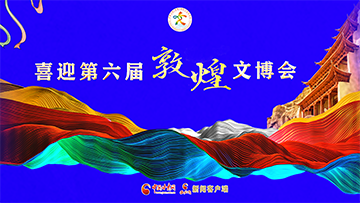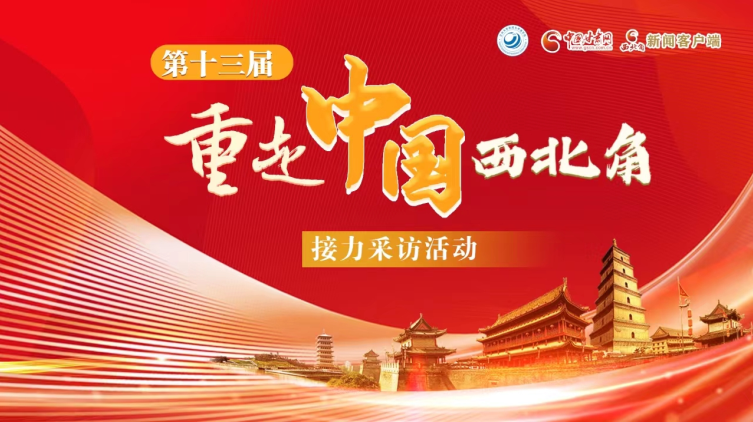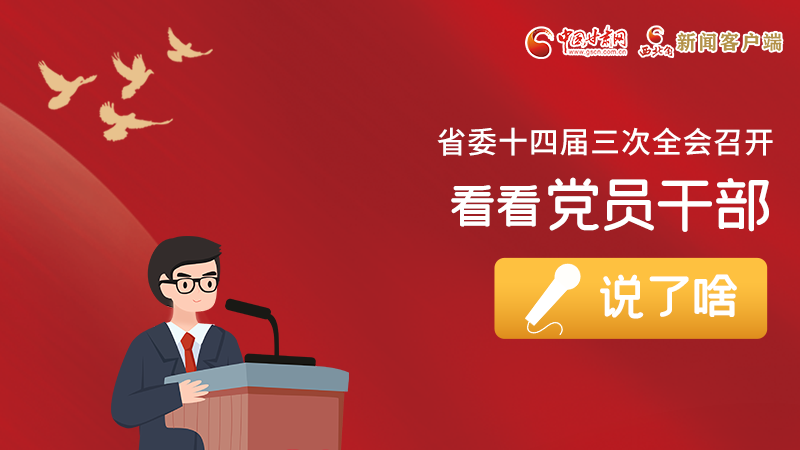World University Games: Qingcheng Taiji well-received by foreigners
World University Games: Qingcheng Taiji well-received by foreigners
The martial arts competition is one of the distinctive events at this year's Chengdu Universiade. Originating from Mount Qingcheng in Chengdu, Qingcheng martial arts is one of the four major ancient martial arts schools in China. Some foreigners have experienced Qingcheng Taiji in front of Qingcheng Mountain. How did they feel about it? CGTN reporter Han Yueyue has the story.
At the entrance of Qingcheng Mountain in Dujiangyan, Sichuan, there is a crowd watching a Taiji performance led by Liu Suibin, the inheritor of Qingcheng martial arts. Several foreigners are also participating in the practice, including media personnel from Nepal who came specifically to experience Qingcheng martial arts.
PAUDEL PRAKASH BABU Nepali Reporter "I've heard about Taiji, even in Nepal. Some young people they play Taiji. So I am very inspired."
The movements Liu Suibin just performed is his own developed simplified 6-style Taiji, which can be completed in just two minutes. Even busy people can find time to exercise.
PAUDEL PRAKASH BABU Nepali Reporter "I am able to follow his instructions. So not really hard."
Ancient Chinese martial arts focused on combat. But at present it emphasizes health. Martial arts are becoming increasingly known and loved by people overseas. Liu Suibin has even become the inspiration for the character Po in the movie, Kung Fu Panda 2.
LIU SUIBIN Inheritor of Qingcheng martial arts "If foreigners fall in love with Taiji, they can be more enthusiastic than Chinese people. During the Universiade, many athletes from different countries became loyal fans of Qingcheng martial arts."
The set of six movements in Taiji is now being studied by people from more than 80 countries, including the US, France, and the United Kingdom, with approximately 20,000 people learning Taiji just in France.
HAN YUEYUE CGTN Reporter "Today, learning and practicing martial arts is not only for defeating opponents, but is also integrated into people's daily lives, becoming a part of self-development. The softness and hardness of martial arts also embodies the wisdom of Chinese philosophy."
Han Yueyue, CGTN, Chengdu.

 西北角
西北角 中国甘肃网微信
中国甘肃网微信 微博甘肃
微博甘肃 学习强国
学习强国 今日头条号
今日头条号











